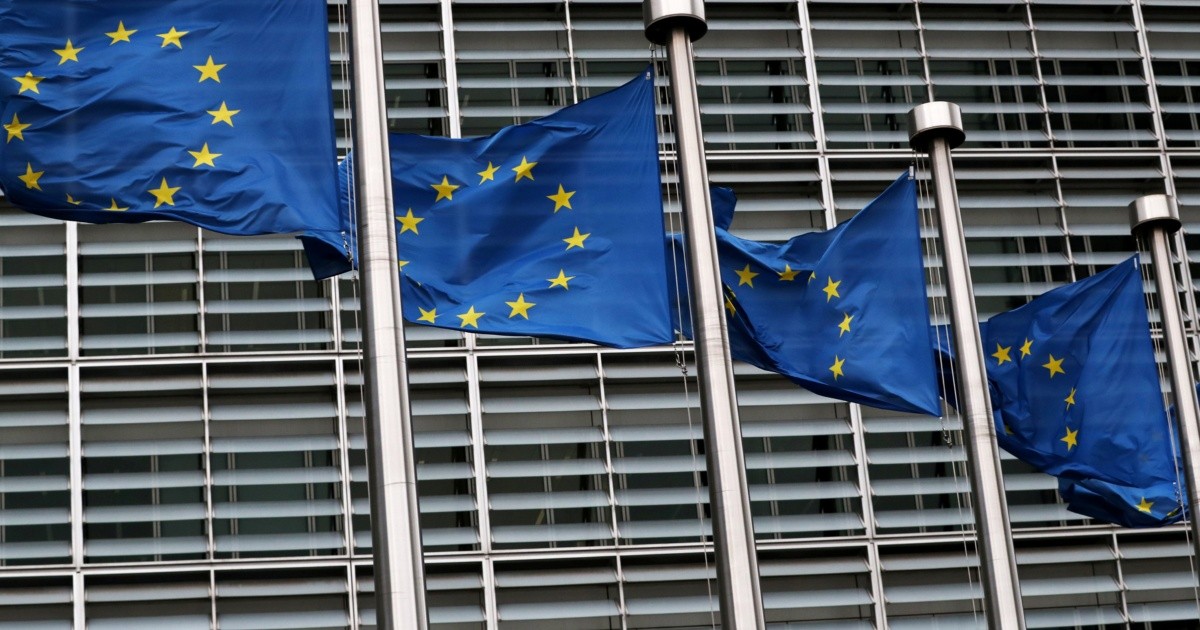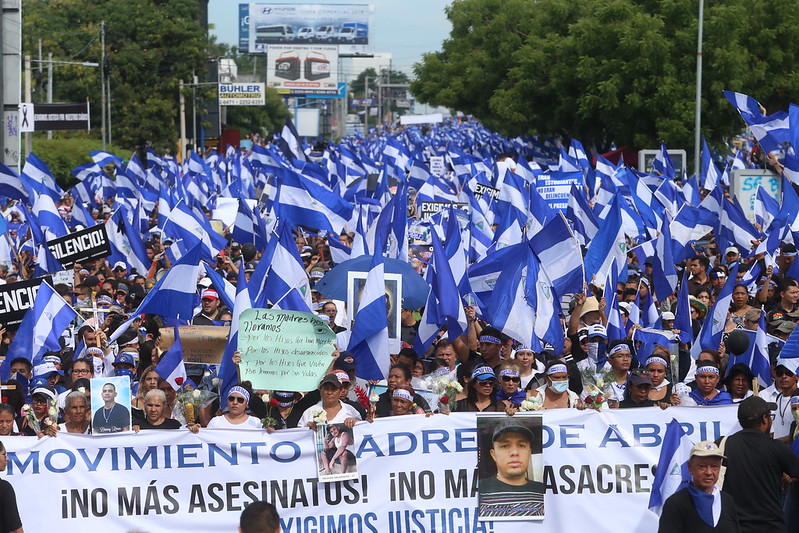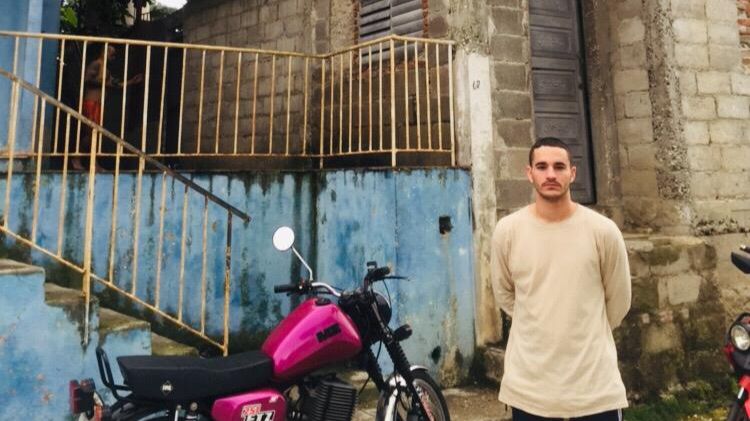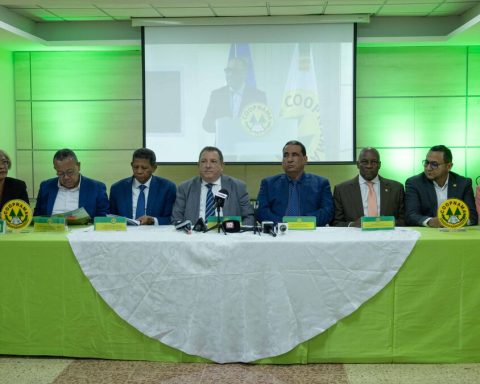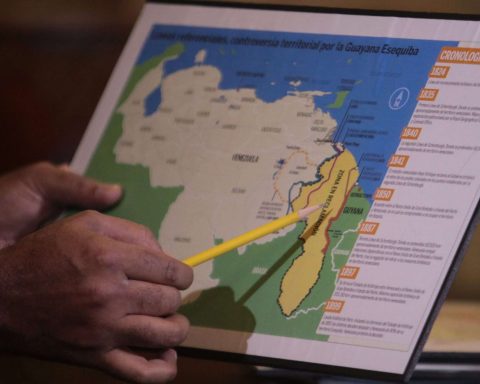The leaders of the countries of the European Union (EU) will begin a summit on Monday amid enormous efforts to overcome divisions and find a way to reach an agreement on a bloc embargo on imports from gas in Russian.
The ambassadors of the countries of the bloc held an emergency meeting on Sunday that continued on Monday morning to try to pave the way for an agreement, but coincident sources pointed out that no important progress was made.
The embargo proposal russia oil is part of the sixth package of EU sanctions but is clashed against the opposition of Hungarywhich justifies that position by alleging that an embargo on Russian oil represents a threat to its energy security.
The idea launched to break the stalemate is to proceed with an embargo “in two phases”, said a European diplomat. The first phase would focus on Russian oil that reaches the EU by sea.
According to that plan, a second phase would be adopted, focused on the crude that arrives by pipeline, although the details, in particular regarding the deadlines, would be negotiated “later,” the same diplomat said.
That political agreement to implement that plan in two chapters would be reached “probably this week,” he added.
“realistic” approach
Arriving for a meeting in Brussels, Estonian Prime Minister Kaja Kallas was candid about the chances of leaders at this summit announcing a final position on the Russian oil embargo proposal.
“I don’t think we will reach an agreement today,” Kallas said, noting that it would be “more realistic” to wait for such an understanding at the next European summit, scheduled for late June.
A draft of the summit declaration, seen by AFP, mentions only that EU leaders are calling for the adoption “without delay” of the sixth package of sanctions, including the embargo “with a temporary exemption for crude delivered by pipeline.” “.
The President of Ukraine, Volodymyr Zelenskyplans to connect by videoconference to the meeting with his European counterparts.
additional measures
Hungary, a landlocked country, imports 65% of the oil it consumes from Russia through the Druzhba pipeline and, together with Slovakia and the Czech Republichave requested an exception to the import ban.
Diplomats said affected countries have been given a two-year delay to the embargo, but that Budapest wants at least four years and almost 800 million euros in European funds to retrofit its refineries.
Bolstered by his recent re-election, Hungarian Prime Minister Viktor Orban even sent a letter to the President of the European Council, Charles Michaelin which he explicitly expressed his wish that the issue of the oil embargo be discussed at the summit.
adopt a Russian crude embargo that reaches the EU by sea “would affect at least 2/3 of oil exports” from Russia, stressed a European official.
Among the technical points under discussion, “we must be very careful to preserve the common market,” warned a diplomat.
In addition to the controversial oil embargo, the EU’s sixth plan of measures against Russia also includes the withdrawal of more banks of that country from the interbank network Swift and the inclusion of new names on the list of sanctioned Russian officials.
